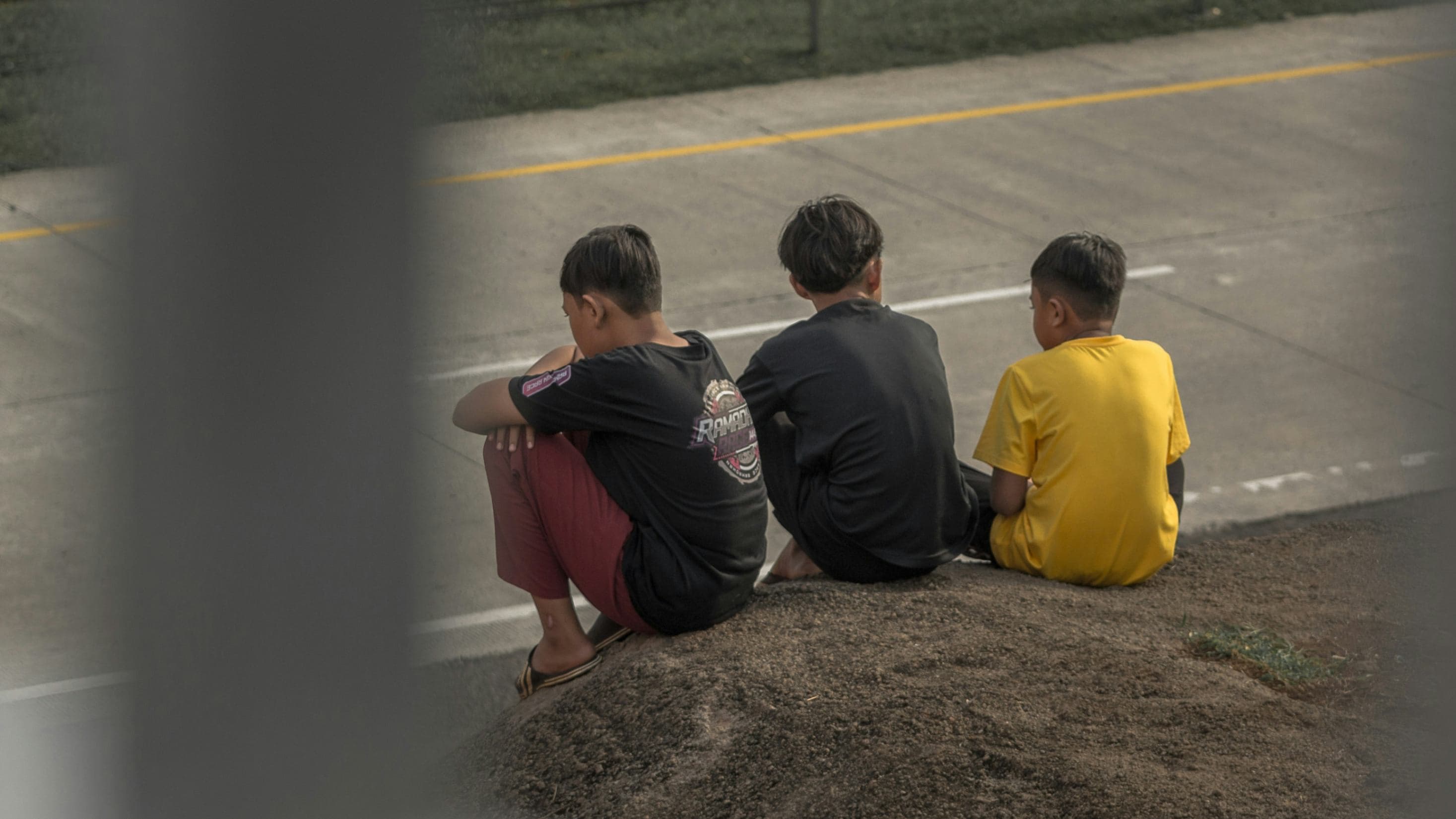
Supporting Kids Through Tragedy: Initiating Honest Conversations
This week, children across America flooded schools with backpacks full of books, snacks, and fears they could not name. After hearing of the political assassination of Charlie Kirk one day, and then standing for a moment of silence to honor thousands who died during the September 11 terrorist attacks the very next day, many students needed space to ask questions that have no easy answers. It was a moment that reminded me just how vital it is for adults to respond with honesty, patience, and grace.
Why These Conversations Matter
Having open conversations about tragedies with children is essential because silence does not protect them from fear or confusion; it often deepens those feelings. When children are left to process frightening news alone or with misinformation, their imaginations can magnify worst-case scenarios. Research shows that children who have opportunities to talk openly with trusted adults about difficult events are better able to regulate their emotions, better process challenging events, and develop healthy coping strategies. Addressing their concerns head-on builds trust and resilience, allowing children to feel more connected to the adults they trust, thus making them feel safer in an uncertain world.
Initiating tough Conversations
When beginning these tough conversations, what often works well (in my experience) is to start with curiosity rather than explanation. Instead of immediately providing details, ask children what they’ve heard and how they’re feeling. Making open-ended inquiries will provide insight into a child's current understanding and thoughts that may help adults frame and facilitate a more productive and comfortable conversation. Questions like, “What do you know about what happened?” or “What questions do you have?” allow them to steer the discussion based on their current understanding. This approach prevents overwhelming them, helps gently correct misconceptions, and, most importantly, makes children feel seen and heard. This lays the emotional foundation needed for honest discussion.
The Value of Listening First
One of the most important lessons I’ve learned as an educator is the value of listening before explaining. Everyone needs to be seen and heard. Validating a child’s emotional experience is essential; when children feel dismissed, their anxiety may intensify. Giving space for students to express fears, share rumors they’ve overheard, or simply admit confusion demonstrates that their voices matter.
A child might ask, “Will something like this happen near us?” or “Why would someone kill a person because they disagree with them?” Instead of rushing to reassure, I listen, and then gently acknowledge: “It’s okay to feel scared. It’s okay to feel confused.”
Creating Psychological Safety
For both children and adults, psychological safety is needed to talk about tragedy. In school, this means creating a space where any question is welcome so long as respect and compassion guide our remarks. At home, simply inviting children to share what they have heard, without judgment or interruption, can open the door to meaningful connection. Expect silences, laughter (sometimes a coping tool), or tears. All are valid responses.
Age-Appropriate Truths
The key is being honest at a level each child can understand. With younger children, I stick to basics: “Sometimes people make harmful choices when they are very upset or angry. Hurting others is never okay.” Older students can handle more nuanced discussions about motives, historical context, and the impacts of political or ideological violence. When the bigger “why” questions arise, like “Why do people do this?” I’m honest: “I don’t have all the answers, but we can talk about it together.” In my experience, children appreciate when adults admit uncertainty and share in seeking understanding. Honesty builds trust and resilience.
Modeling Respectful Rhetoric and Perspective
Children absorb more than just words from adults. The way adults communicate difficult events sets the foundation for how children learn to engage with the world and with one another. In moments of tragedy, it’s understandable to have strong feelings, but it remains crucial to model respect in how we discuss others’ perspectives, even those we profoundly disagree with. Children are always listening, whether we realize it or not.
When discussing tragedy or politics with children, or even among adults within their hearing, it’s vital to avoid using a tone or language that demonizes or ridicules people with different views. Instead, adults can acknowledge strong disagreements while emphasizing that differences can be discussed respectfully. Demonstrating empathy and open-mindedness, even in tense moments, helps children develop their own capacity for respectful, thoughtful dialogue and prepares them for a diverse world. It is important for children to see that people can disagree with each other without being disagreeable.
In short, choosing our words, tones, and approaches to conversations intentionally, while being mindful of respect and fairness, does more to teach children about handling tragedy and disagreement than any explanation alone ever could.
Offering a Sense of Agency
Stories about violence and terrorism can leave young people feeling helpless. To counter this, I provide actionable steps: remind them to always follow adult directions in an emergency, know safe exits, and tell a trusted adult if they feel worried about someone’s behavior. Giving children a sense of agency, even in small ways, can reduce anxiety and help them feel safer.
A Shared Challenge for Adults
As educators and parents, we carry the weight of these topics too. It is tempting to avoid hard conversations, fearing we might say the wrong thing or cause unnecessary fear. But silence is its own lesson, and children will fill in the blanks themselves if we don’t help. Open, honest conversations help ensure that their questions don’t turn into private worries or misunderstandings.
Presence over Perfection
Whether in the classroom or at home, facing difficult subjects head-on allows children to process events openly and build trust in the adults around them. Not every question has an answer, but every child deserves to know that their feelings matter and that connecting is possible. Children don’t need perfect answers, just present adults willing to listen with honesty and care.